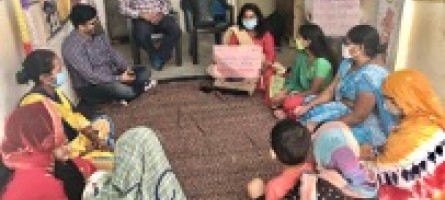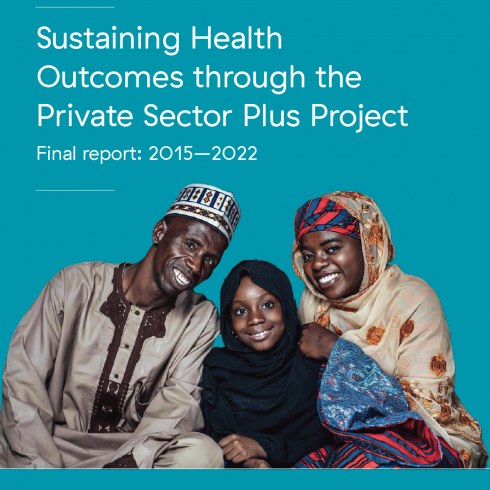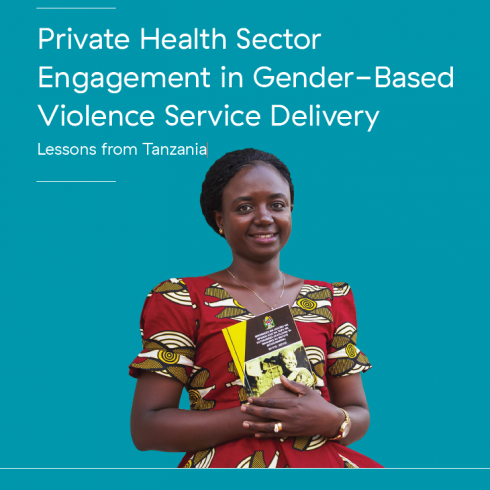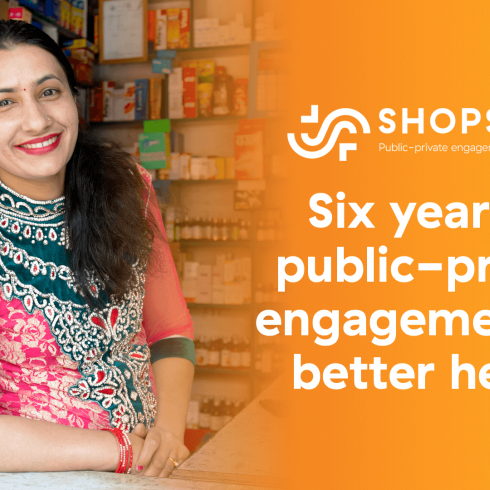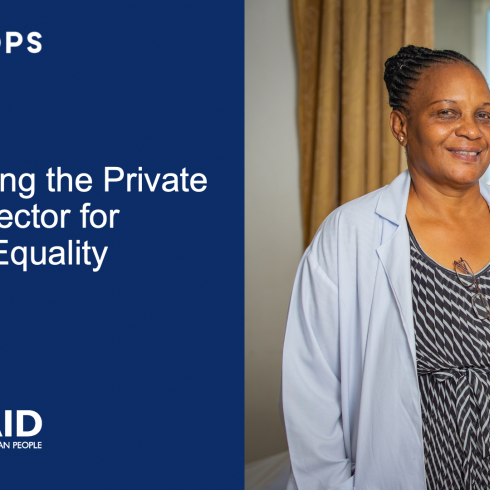Gender
Evidence shows the profound extent to which gender norms affect health outcomes in family planning, HIV, and maternal and child health. Discrimination, gender-based violence and poor access to resources can affect both access to and quality of the care women and girls need to stay healthy. Female health providers may have more significant barriers to enter the profession or start private sector businesses, such as discriminatory lending practices or educational obstacles. For both consumers and providers, the private sector is uniquely positioned to advance gender equality while tackling deeply rooted barriers to improved health for women and girls.
Committed to gender equality, SHOPS Plus upholds the USAID Gender Equality and Female Empowerment policy and recognizes that its results will be stronger by integrating gender throughout the project. SHOPS Plus will address issues such as gender-based violence, barriers for female providers, and male engagement.
SHOPS Plus makes gender equality and women’s empowerment a priority by:
- Conducting in-country gender analyses and audits, and using the findings to shape activities for better outcomes
- Advancing knowledge at the intersection of gender and the private health sector on discreet topics, such as gender transformative approaches to condom social marketing
- Piloting innovative initiatives, such as the creation of private sector health provider networks that support gender-based violence (GBV) screening, response and referral in Tanzania
- Incorporating gender into research studies and monitoring and evaluation
Example of our work
SHOPS Plus is supporting quality provision of family planning services in Nigeria by equipping providers with the skills to examine and reduce their gender biases that can interfere with care. Intensive training on gender and its impact on quality care is followed by support from a team of coaches who provide supportive supervision. Recognizing that gender discrimination affects health providers as well, SHOPS Plus is also training the coaches in gender-transformative supportive supervision to facilitate conversations around gender barriers that health providers may face in their careers.
Countries: Afghanistan, Haiti, India, Madagascar, Nepal, Nigeria, Senegal, Tanzania

 at that facility_credit-Festo Komba copy_gs75scew8tupzdsaxnyjmv.jpg)
